Tourism industry increasingly vulnerable
Recently, a series of famous domestic tourist destinations such as Ho Chi Minh City, Hanoi , Hue, Da Nang, Hoi An, Hai Phong, Quang Ninh... have all had to face harsh weather and natural disasters such as heavy rain, floods, and inundation. This reality clearly shows the increasing pressure of climate change on Vietnam's tourism industry.
When a flash flood or a major storm occurs, the damage does not stop at destroying tourism infrastructure but also causes more complex consequences for the entire value chain. The most obvious impact is on coastal resorts, low-rise hotels and transportation systems such as roads and bridges in key tourist areas that are severely damaged. Repair and restoration costs are huge, sometimes exceeding the financial capacity of small and medium-sized enterprises.
Natural attractions and cultural heritages such as mangrove forests, coral reefs and ancient architectural works are also vulnerable to natural disasters. For example, the "historic" flood at the end of October, when water from the upper reaches of the Perfume River poured in, combined with local heavy rains, caused the Hue Imperial City to be deeply submerged in water. At the peak of the flood, many relics were submerged up to 2m deep. Water overflowed the moat system, causing many structures inside to be submerged. The process of restoring ecosystems and heritages requires a long time and large resources, affecting the attractiveness of the destination. In addition, floods and natural disasters not only disrupt business cycles and affect the livelihoods of local communities, but also create psychological barriers and beliefs that make tourists hesitate to come or return.
Finding solutions for resilient and adaptive tourism
Reality requires the Vietnamese tourism industry to soon shift to a development strategy based on resilience, which means not only recovering from natural disasters but also proactively forecasting, adapting and learning from "shocks".
The first focus is to change planning thinking, integrating climate change factors into all tourism investment projects. In fact, in recent years, "hot" tourism development models focusing on maximizing the exploitation of coastal areas and river deltas have unintentionally increased the level of vulnerability to natural disasters. Many tourism projects are built in low-lying areas, river mouths, or on hillsides with high risk of landslides, but lack careful calculation of climate change response scenarios.
In addition, there is a need to green and protect natural buffers by investing in restoring natural protective ecosystems. Coastal mangrove forests, watershed protection forests and coral reefs act as “biological shields” that mitigate the impact of large waves, flash floods and erosion.
To address these pressing issues, policy plays a key and decisive role in guiding and encouraging action. Incentive mechanisms and support for tourism businesses to proactively adapt will lay the foundation for creating a greener, more sustainable tourism industry that is more resilient to climate change.
Source: https://baophapluat.vn/du-lich-can-tang-suc-chong-chiu-truoc-thien-tai.html


![[Photo] Lam Dong: Close-up of illegal lake with broken wall](https://vphoto.vietnam.vn/thumb/1200x675/vietnam/resource/IMAGE/2025/11/03/1762166057849_a5018a8dcbd5478b1ec4-jpg.webp)
![[Photo] General Secretary To Lam receives Singaporean Ambassador Jaya Ratnam](https://vphoto.vietnam.vn/thumb/1200x675/vietnam/resource/IMAGE/2025/11/03/1762171461424_a1-bnd-5309-9100-jpg.webp)
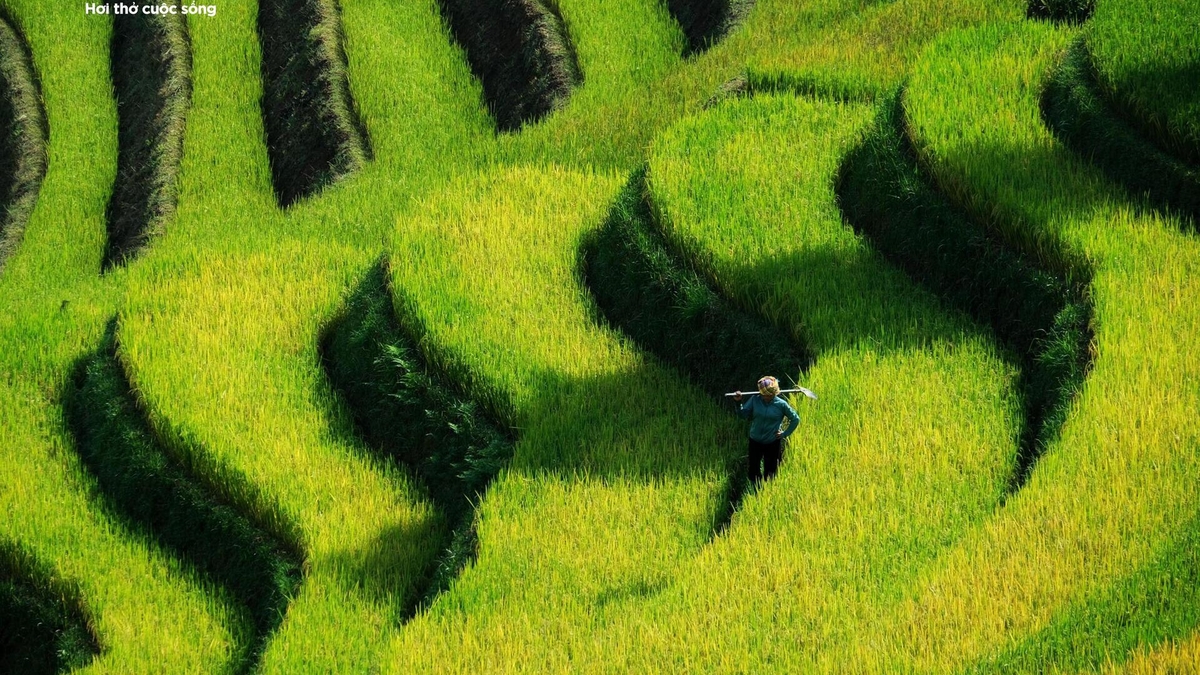

![[Photo] Fall Fair 2025 and impressive records](https://vphoto.vietnam.vn/thumb/1200x675/vietnam/resource/IMAGE/2025/11/03/1762180761230_ndo_br_tk-hcmt-15-jpg.webp)
![[Photo] Prime Minister Pham Minh Chinh receives the Chairman of the Japan-Vietnam Friendship Association in the Kansai region](https://vphoto.vietnam.vn/thumb/1200x675/vietnam/resource/IMAGE/2025/11/03/1762176259003_ndo_br_dsc-9224-jpg.webp)
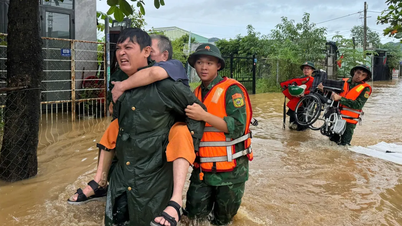

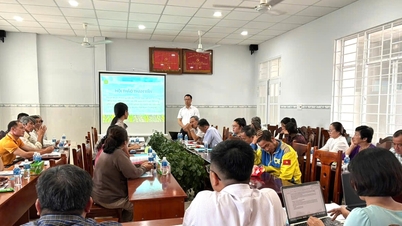

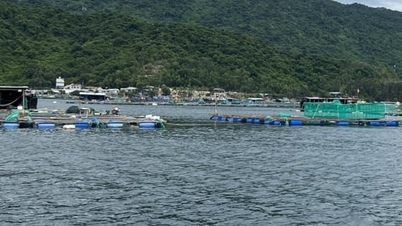

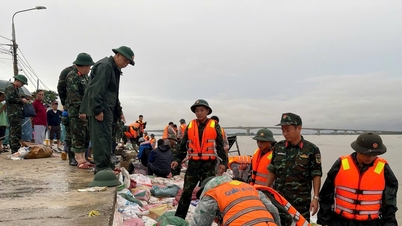


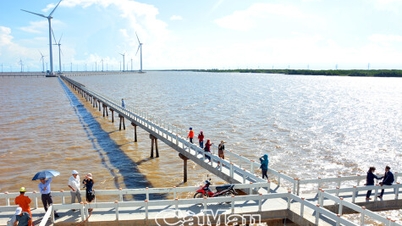

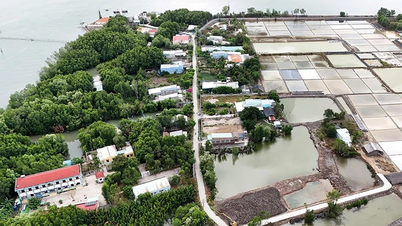



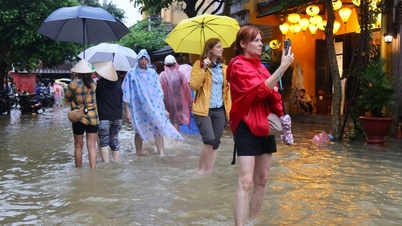
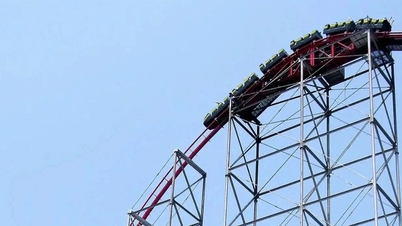
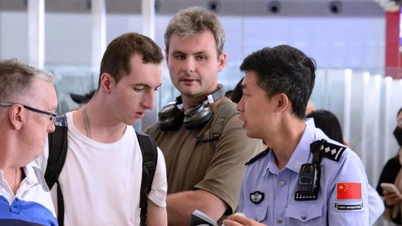

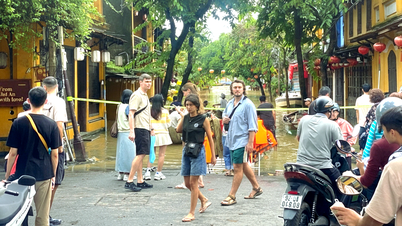







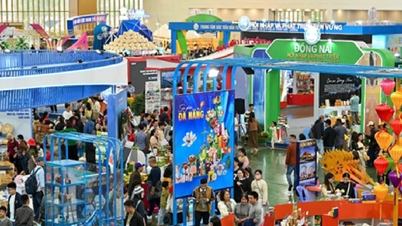
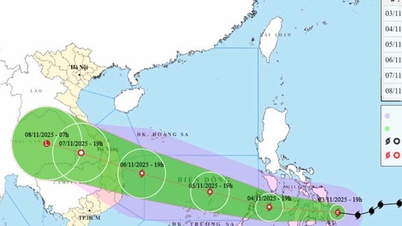


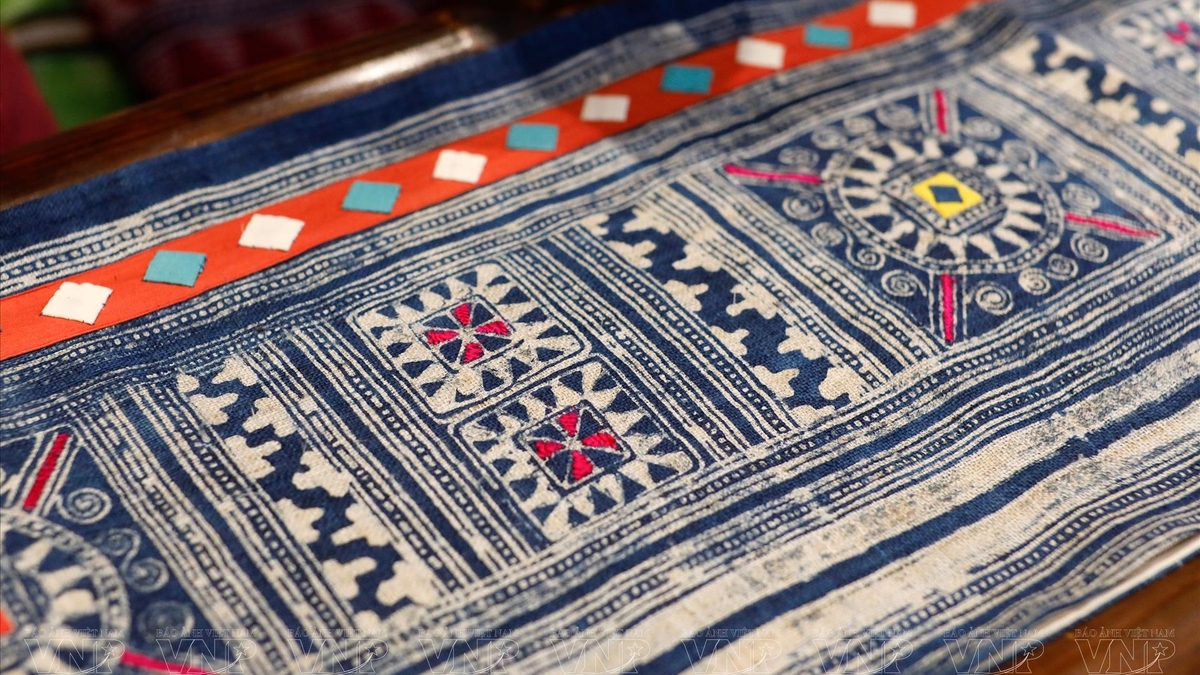



































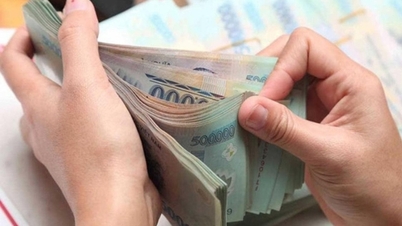




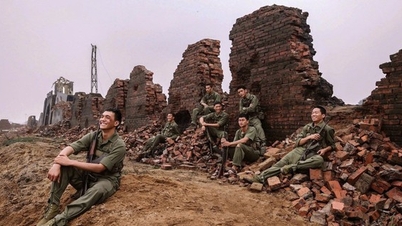





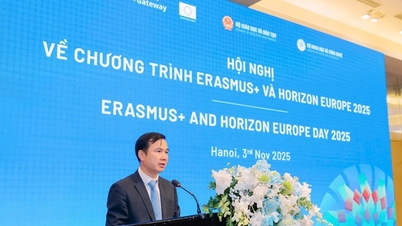


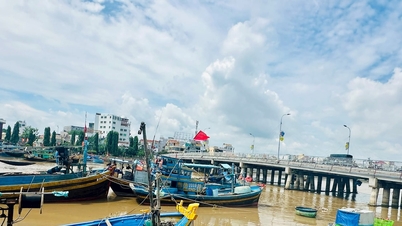
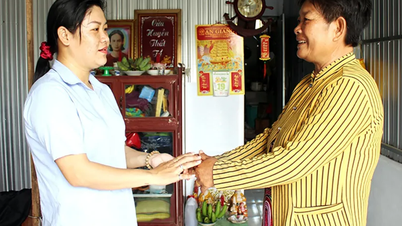


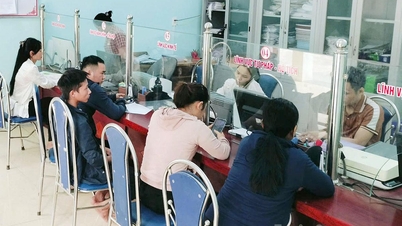

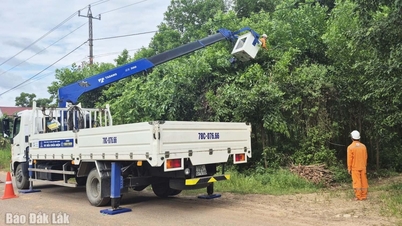















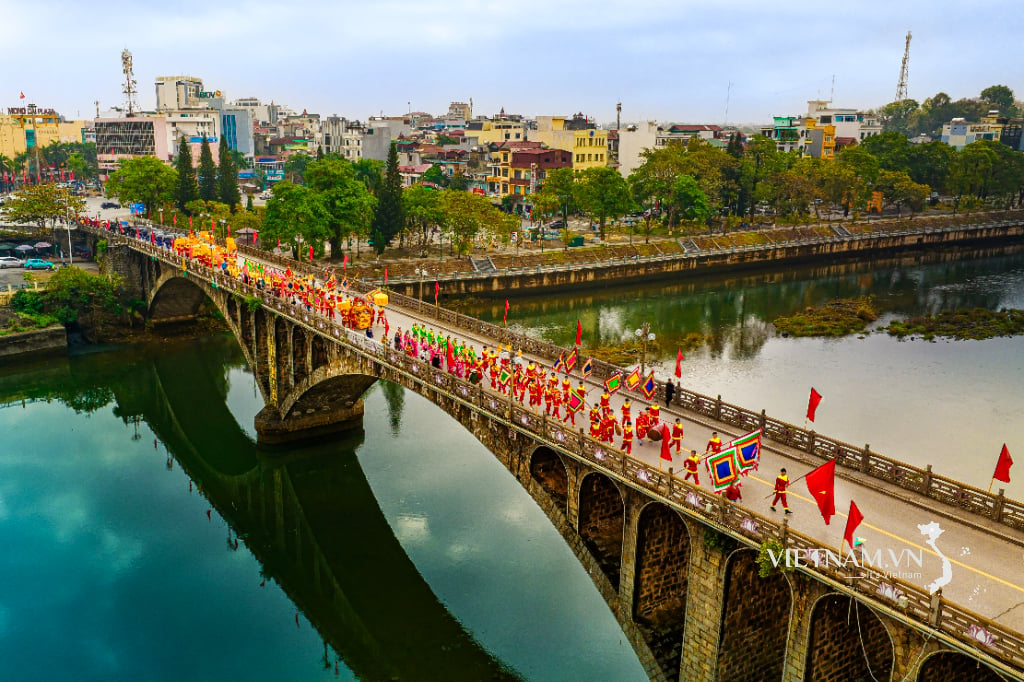


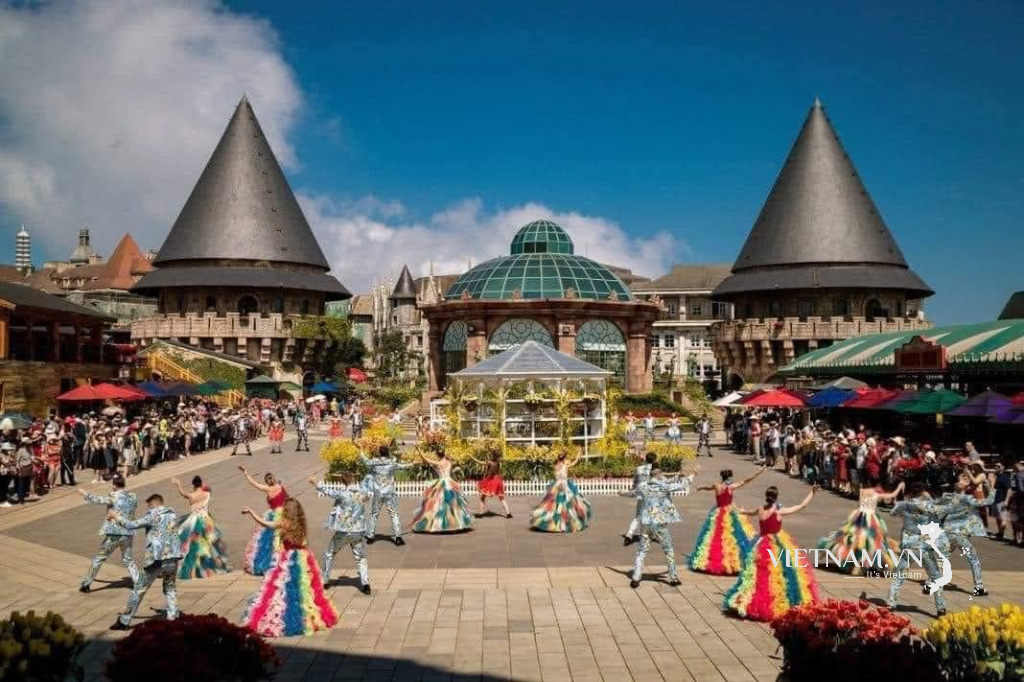
Comment (0)